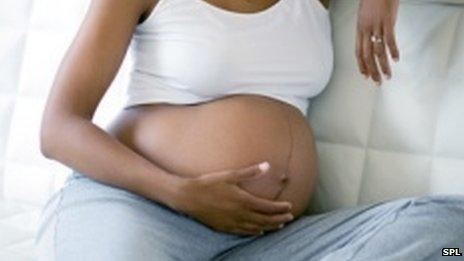Baby care: Maternity service 'crisis' sparks midwives' protest
- Published
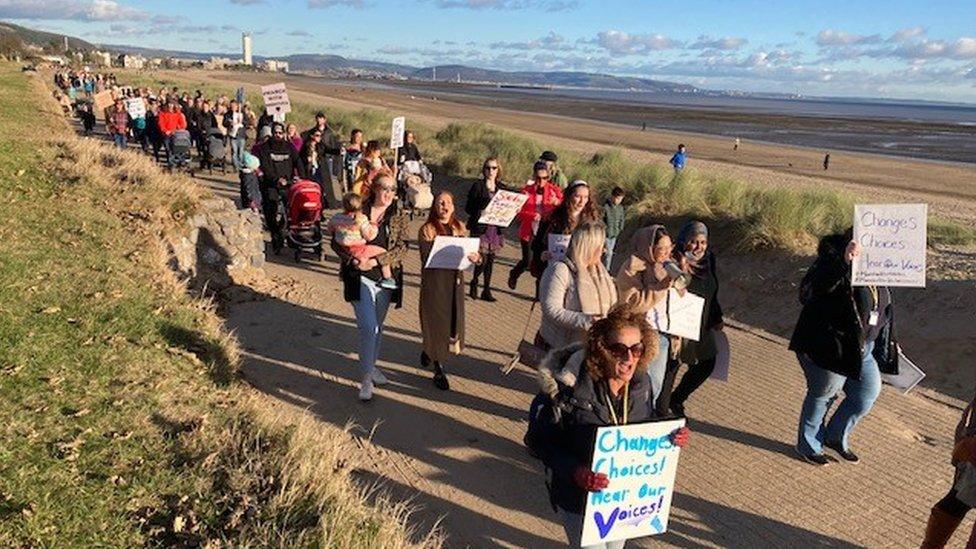
One of the marches took place at Swansea
Midwives have said maternity services are at an "unsustainable" level and want help with what they dubbed a staffing and safety crisis.
Parents, health workers and midwives protested across the UK on Sunday.
"Maternity services are at crisis point and we need to fight," said Cardiff march organiser Katie Falvey.
The Welsh government said it had commissioned a review into service demand, while the UK government has pledged £95m for recruitment.
The March With Midwives "grassroots action for solidarity" protests took place in 50 towns and cities with maternity units and were described as a "UK vigil for maternity crisis".
Campaigners want politicians and health officials to "listen to staff and service users, fund emergency retention of staff and reduce demands" on midwives.
'Something needs to change'
"We need to make sure that the government and public are aware of the crisis we're facing," said Ms Falvey, a 21-year-old final year student midwife from Essex studying in Wales.
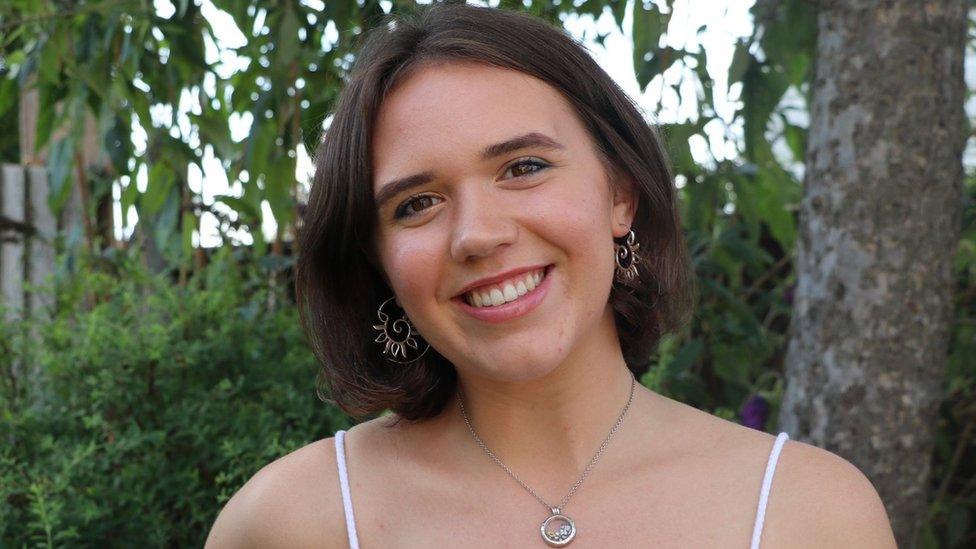
Katie Falvey said she had witnessed midwives suffering "chronic burnout, stress and fatigue" during placements
"It is something that affects everyone and not just the midwives.
"It's just got to the point now where it's very unsustainable and something needs to change.
"This isn't something that can be put on the back burner, it really requires urgent action. We need funding, we need the staff."
'Driven out'
The march came after a Royal College of Midwives (RCM) survey last month, external found more than half of midwives were being "driven out" because of "understaffing and fears they can't deliver safe care to women".
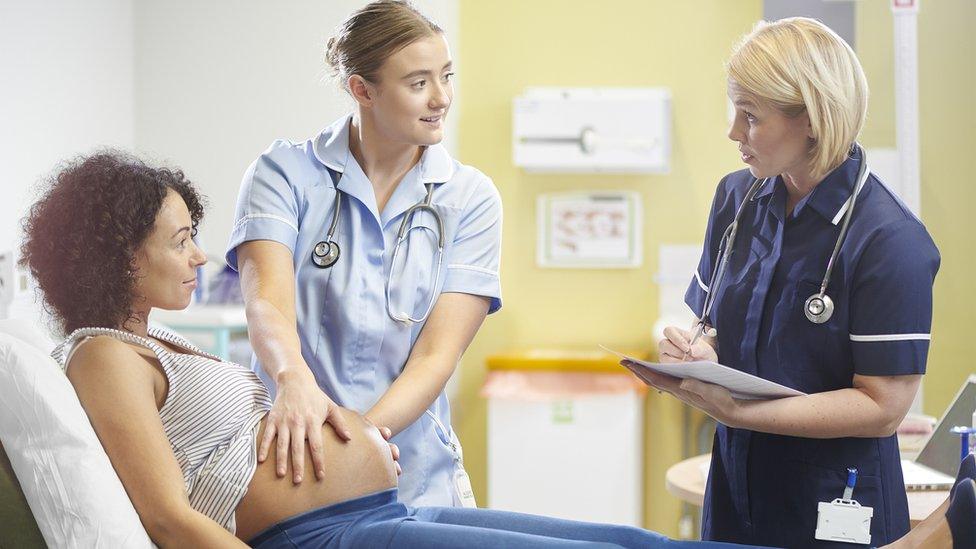
The Nursing and Midwifery Council said there are almost 40,000 midwives registered in the UK
The midwifery body warned of an "exodus" after its UK-wide poll of 1,273 workers said 57% of midwives surveyed planned to leave the NHS within the next year.
The RCM called for health chiefs to "urgently review" staffing levels as chief executive Gill Walton said: "Safety in maternity services hang in the balance here, because without adequate numbers of staff, we are fighting a losing battle."
It comes after a number of high-profile maternity scandals at Cwm Taf Morgannwg health board in south Wales and at hospitals in East Kent, Shrewsbury and Telford and Morecambe Bay in England.
'Midwives saved my daughter and my life'
New mum Vikki Mill, who marched in Bangor, said without support from her midwives, she or her daughter "simply wouldn't be here today".
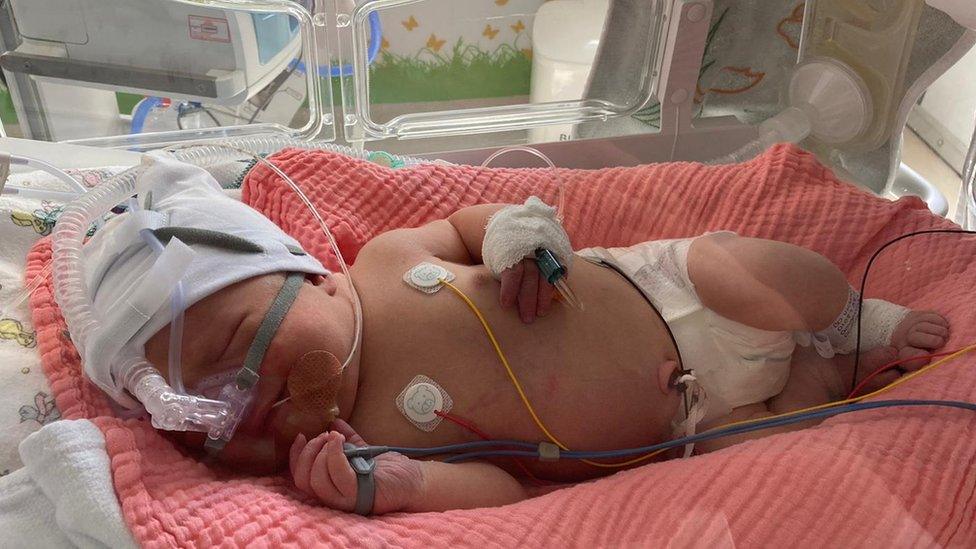
Florence spent her first days in a special baby care unit in hospital
Florence was born at home in Penmaenpool, Gwynedd, last June because the midwife unit in nearby Dolgellau was a temporary Covid hospital.
But Vikki needed hospital treatment after she retained her placenta, and the nearest major hospital was a 55-mile drive away in Bangor.
But the ambulance Vikki "waited hours for" didn't have a car seat and wasn't equipped to transfer her first-born as paramedics had expected to transfer an adult.
"Flo had to go in a car seat with me in the ambulance but 40 minutes into the journey, my midwife noticed Flo was struggling to breathe," recalled Vikki.
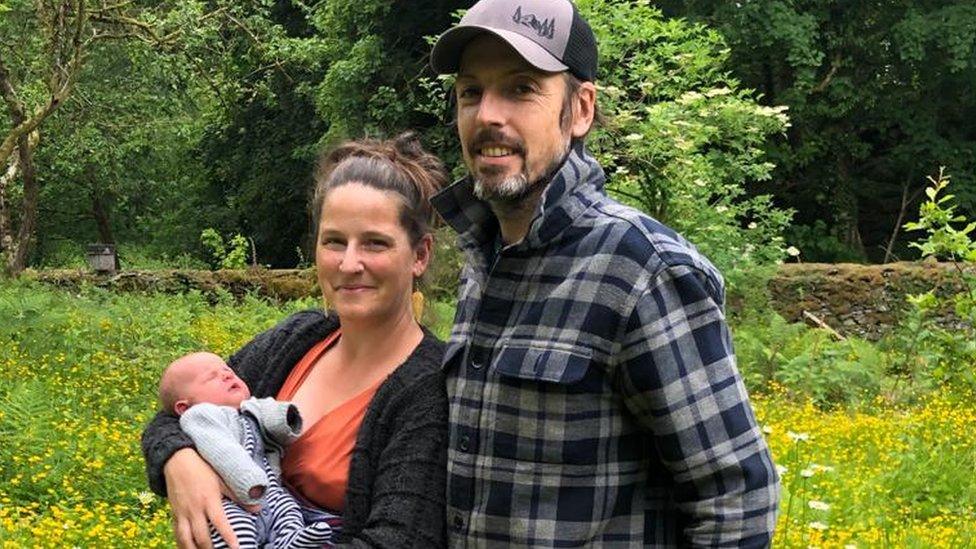
Vikki Mill, husband Will and Florence are all doing well after a "chaotic" start to their daughter's life
"The rest of the 90-minute journey saw both the paramedic and my midwife being thrown around in the back while holding Flo's chin off her chest and an adult oxygen mask over her face, keeping a close eye on my blood pressure.
"The midwife and the paramedic kept Flo alive on that journey - and the midwives who came to our house respected my birth space, gave me reassurance and also saved my life."
'Underfunded and undervalued'
Vikki said returned to Bangor to march for a profession that she said was "underfunded and undervalued" by governments.
"My story is not unique," she said. "To give birth, you rely on midwives. It's a momentous time in someone's life but you need medically trained professionals.
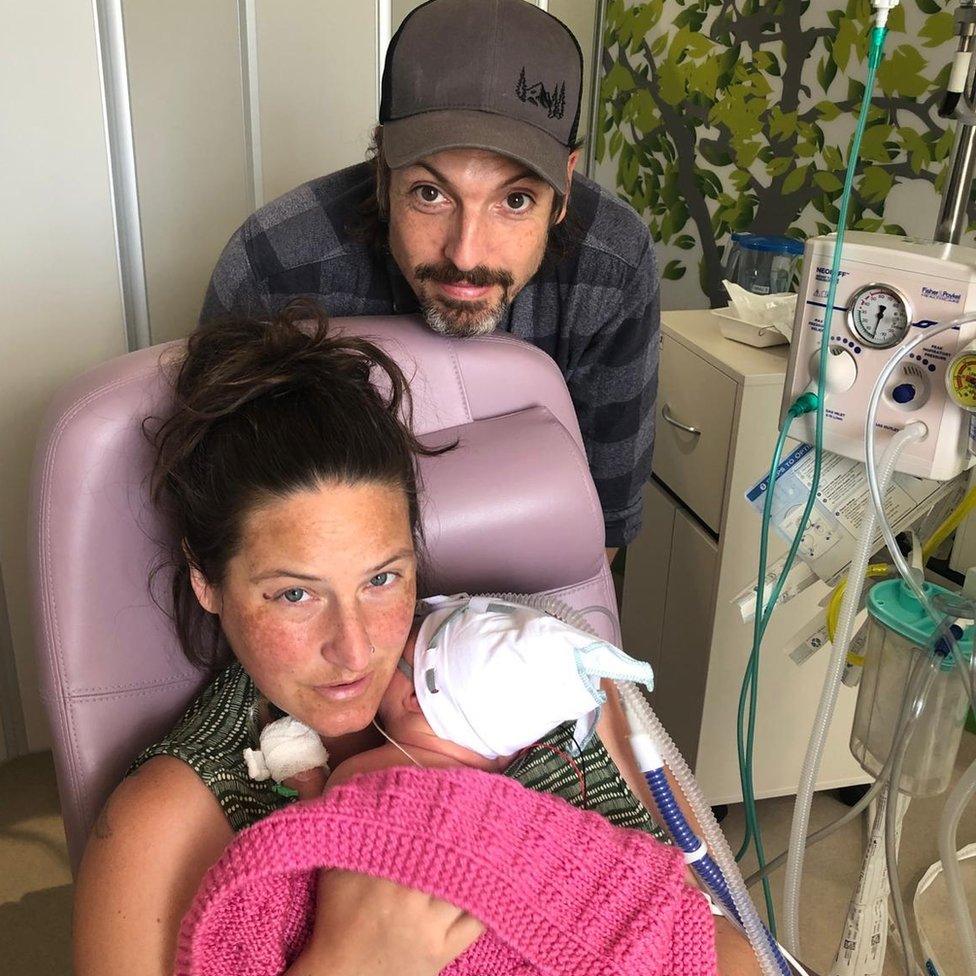
Vikki and Will said they were indebted to their midwives after their care for Florence
"They have the skills, they know what to do in the event of an emergency when a baby is born and it's essential to listen to them, elevate their voice and hopefully reduce some of the demands on them."
The Nursing and Midwifery Council said the number of UK registered midwives had steadily increased over the years to 39,664 - with about 1,400 in Wales.
Latest official figures show births have decreased, external with the Office for National Statistics saying there were 613,936 live births in England and Wales in 2020.
The Royal College of Midwives has called for more investment, external in the NHS as campaigners claim midwives are leaving the profession, maternity units are closing and the safety of births in the UK is in crisis.
'Safest place in the world to give birth'
A Welsh government spokesman said: "We recognise that all staff working in maternity services have worked tirelessly throughout the pandemic.
"We regularly meet with the Nursing and Midwifery Council, the Royal College of Midwives and all health board maternity services to discuss staffing levels, skill mix and maternity workforce as a whole. We also worked with them in producing our five-year maternity vision published in 2019.
"Over the past five years training places for midwives have increased by 97%. We have also recently commissioned a review into the real-time system used by midwives to assess service demand."
The UK government said it was "committed to patient safety" and wanted to make the NHS "the safest place in the world to give birth".
"Midwives do an incredibly important job and we know how challenging it has been for those working during the pandemic," said a Department for Health and Social Care spokesman.
"There are more midwives working in the NHS now than at any other time in its history and we are aiming to hire 1,200 more with a £95m recruitment drive."

MONUMENTAL MRS CAMPBELL: Wales' first black head teacher celebrated with iconic statue
MOTHERS, MISSILES AND THE AMERICAN PRESIDENT: The story of Greenham told like never before

- Published9 July 2020
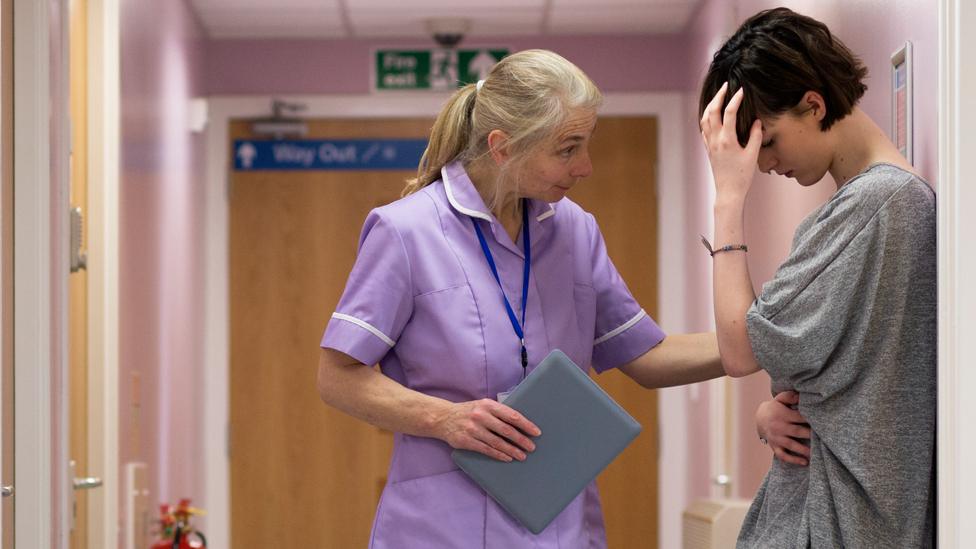
- Published31 October 2017
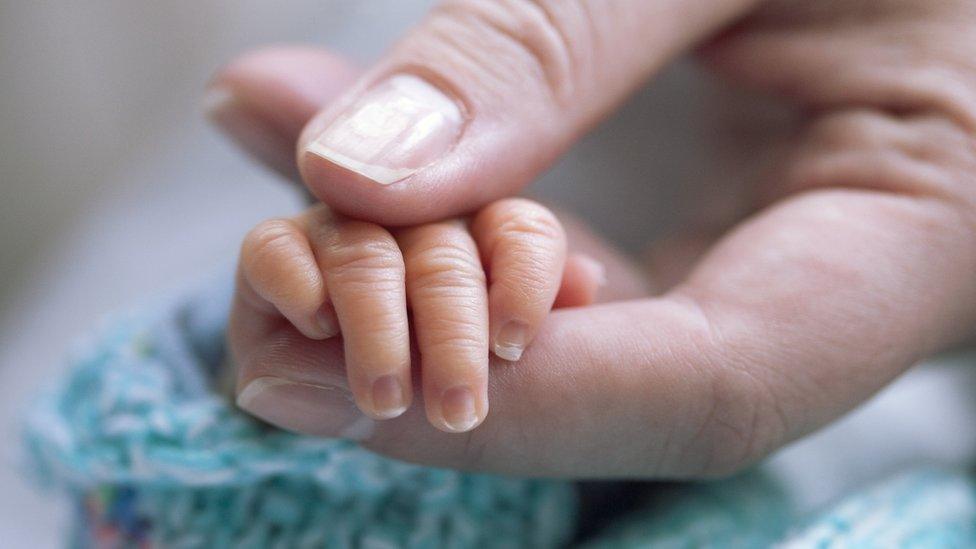
- Published4 August 2017
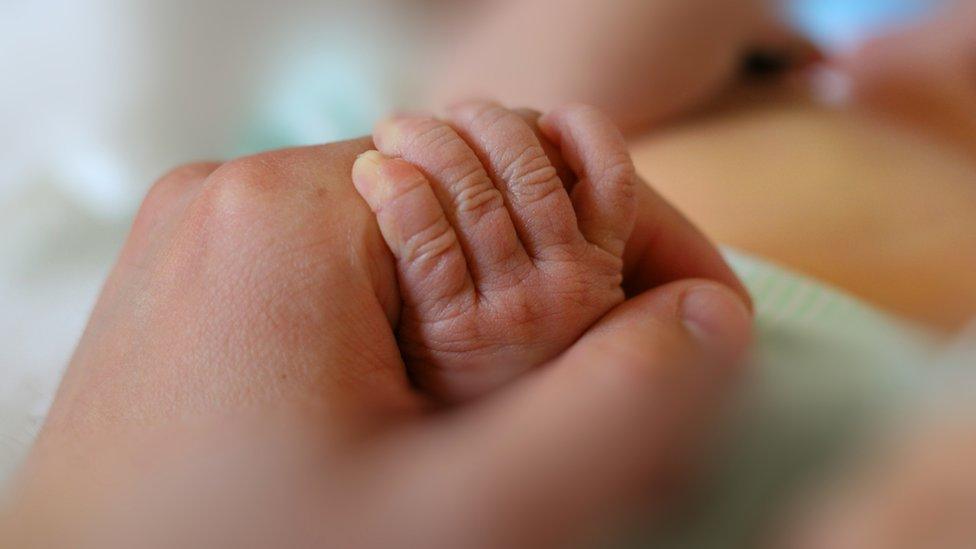
- Published6 February 2017
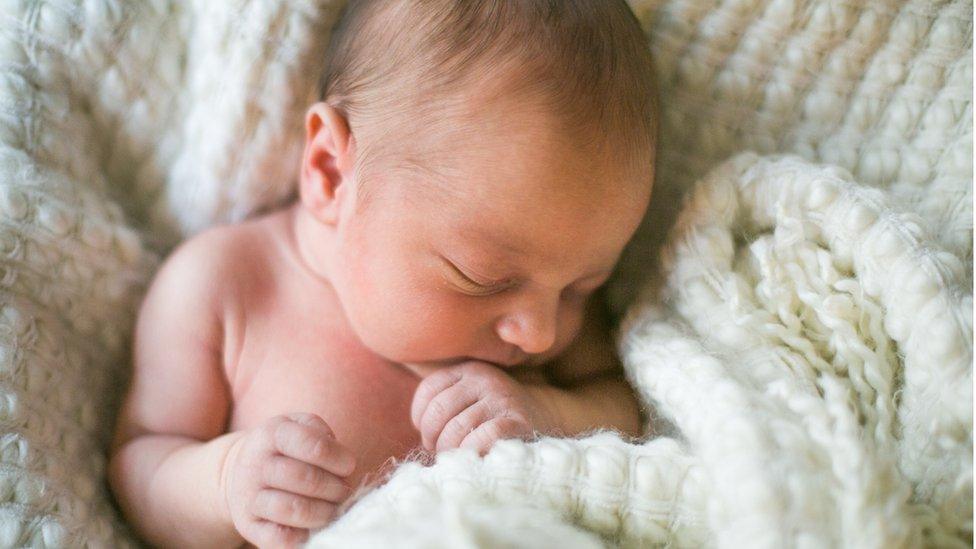
- Published9 January 2016
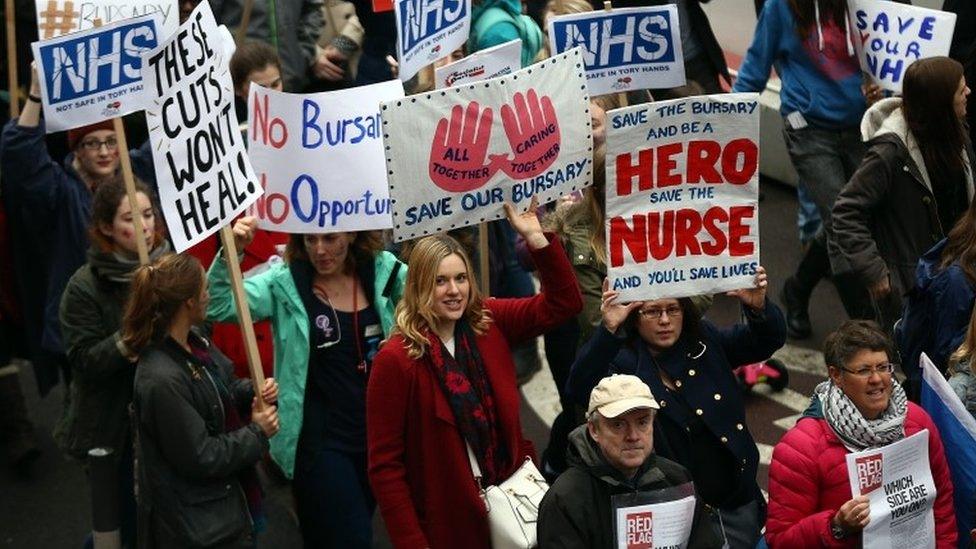
- Published27 April 2014
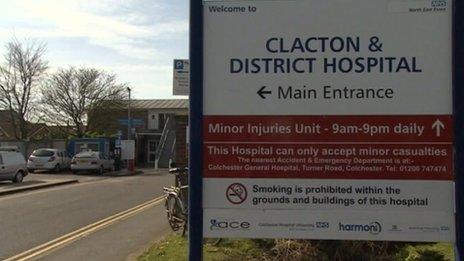
- Published21 January 2013
